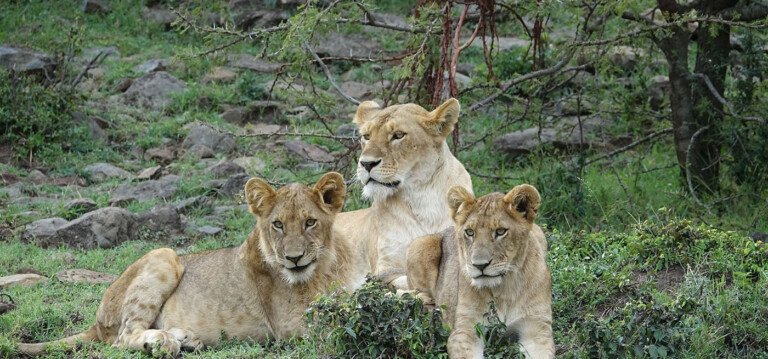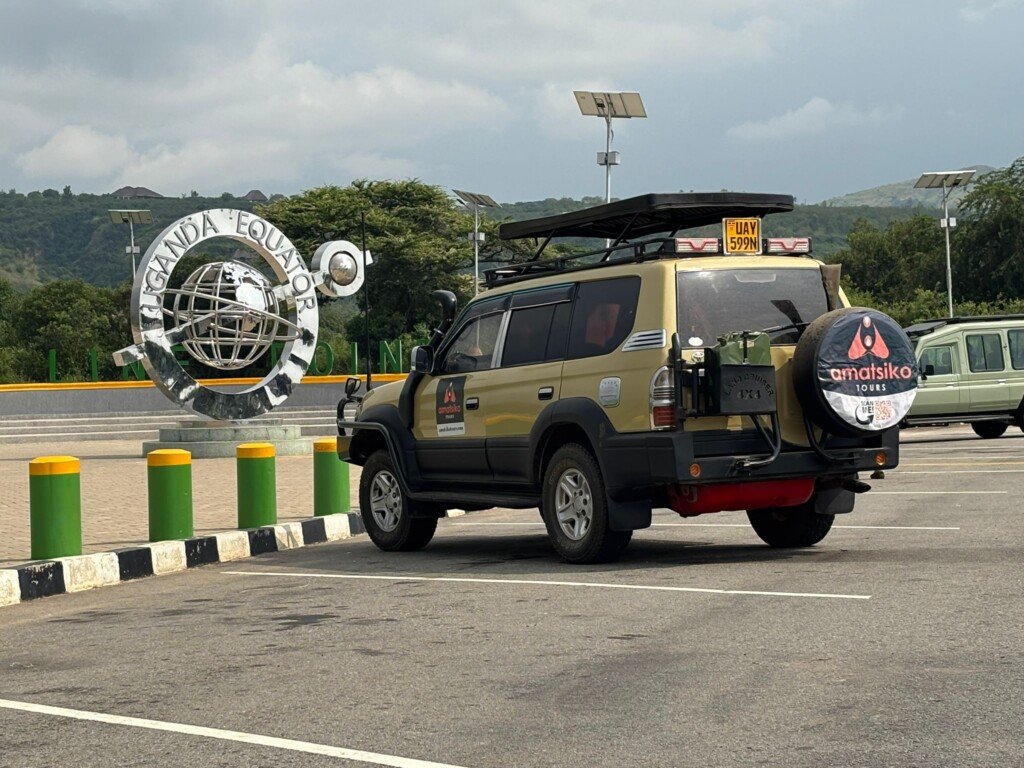Mount Elgon National Park
Ancient. Majestic. Untouched.
Straddling the Uganda–Kenya border in the east, Mount Elgon National Park is a place of quiet grandeur and hidden treasures. Once Africa’s tallest mountain (before erosion wore it down), Mount Elgon still boasts the largest volcanic base in the world—a massive, serene massif that holds more than adventure… it holds peace.
This is a hiker’s paradise. Without the crowds of Kilimanjaro or the technical demands of Rwenzori, Mount Elgon invites you to take your time—trekking past waterfalls, through bamboo forests, across vast moorlands, and into an ancient caldera that feels like another planet. Along the way, you’ll meet rare wildlife, learn from local communities, and reconnect with the wild in its gentlest form.
A Gentle Giant for Trekkers
Unlike many African peaks, Mount Elgon doesn’t demand ropes or mountaineering experience. Its highest point—Wagagai Peak (4,321m)—can be reached on foot, making it one of the best high-altitude treks for adventurers of all experience levels.
There are several scenic routes to the summit, each offering its own surprises: dramatic cliffs, sun-dappled forests, high-altitude waterfalls, ancient lava caves, and giant lobelias standing like sentinels in the mist. The journey to the summit isn’t just about the view—it’s about the story told in every step.
Waterfalls, Caves, and Caldera Magic
Mount Elgon is home to spectacular waterfalls, including the iconic Sipi Falls—a trio of cascades that plunge over 100 metres and offer the perfect base for pre- or post-hike relaxation. Deeper inside the park, you’ll find caves used for centuries by local herders, now teeming with bats and dripping with mineral formations.
And then there’s the caldera: the largest intact volcanic caldera in the world, measuring over 40km in diameter. Standing here, surrounded by silence and sky, feels like reaching the roof of a forgotten world.
Wildlife and Birds in the Highlands
Though not a big game park, Mount Elgon is rich in highland biodiversity. Keep an eye out for colobus monkeys, blue monkeys, forest elephants, and bushbuck, as well as a variety of reptiles and small mammals.
For birders, the park is a treasure trove—with 300+ bird species, including Jackson’s francolin, black-collared apalis, and Lammergeier (bearded vulture) soaring along the cliffs.
Cultural Encounters in Elgon’s Foothills
The slopes of Mount Elgon are home to the Bagisu and Sabiny people—known for their rich traditions, vibrant music, and farming heritage. Local guides can lead you through coffee plantations (Elgon’s Arabica is among the best in Africa), teach you about the famous Imbalu circumcision rituals, or welcome you to traditional homesteads where hospitality is a way of life.
Activities in Mount Elgon National Park
Multi-day mountain trekking to Wagagai Peak
Day hikes and waterfall walks (e.g. Sipi Falls trails)
Rock climbing near Sipi Falls
Birdwatching
Cave exploration (Tutum, Chepnyali, Kapkwai)
Coffee tours and community visits
Nature walks and forest trails
Camping under the stars
Facts
If you dream of peaceful trails, spectacular scenery, and a trek that feels more meditative than manic, Mount Elgon National Park might just be your perfect fit. It’s less about ticking off a summit, and more about falling in love with the journey.
Established in 1992 – Designated to protect Mount Elgon’s unique volcanic ecosystems and cultural heritage.
Size: 1,145 square kilometres (442 square miles)
Highest point: Wagagai Peak – 4,321 metres (14,177 ft)
Landscape: Montane forest, bamboo zone, moorland, caldera, lava caves
Top experiences: Trekking, Sipi Falls, coffee tours, birding, and community encounters
Most Common Animals
Colobus monkey
Blue monkey
Forest elephant (elusive)
Bushbuck
Defassa waterbuck
Leopard (rare)
Duiker
Hyena (rare)
Tree hyrax
Over 300 bird species including Hartlaub’s turaco, African goshawk, Jackson’s francolin, and Lammergeier (bearded vulture)
How to get there
By road: Approximately 5–6 hours from Kampala to Mbale or Sipi, via Jinja and Iganga.
By air: Domestic flights can be arranged to nearby airstrips, though most visitors arrive by car to enjoy the scenic drive.
Climate
Mount Elgon has a cool, pleasant climate year-round. Temperatures range from 10°C to 23°C depending on altitude. Rain is common—especially from March to May and September to November—so waterproof gear is essential for trekkers.
Best Time To Visit
Dry seasons (December–February and June–August) are best for trekking, when trails are more manageable and the views are clear. However, the park’s lush beauty makes it rewarding year-round for walkers, birders, and nature lovers.
Let us create your tailor-made trip
Receive a free, no obligation quote


Call an expert
Our Ugandan specialists are here to help you create your dream trip.

